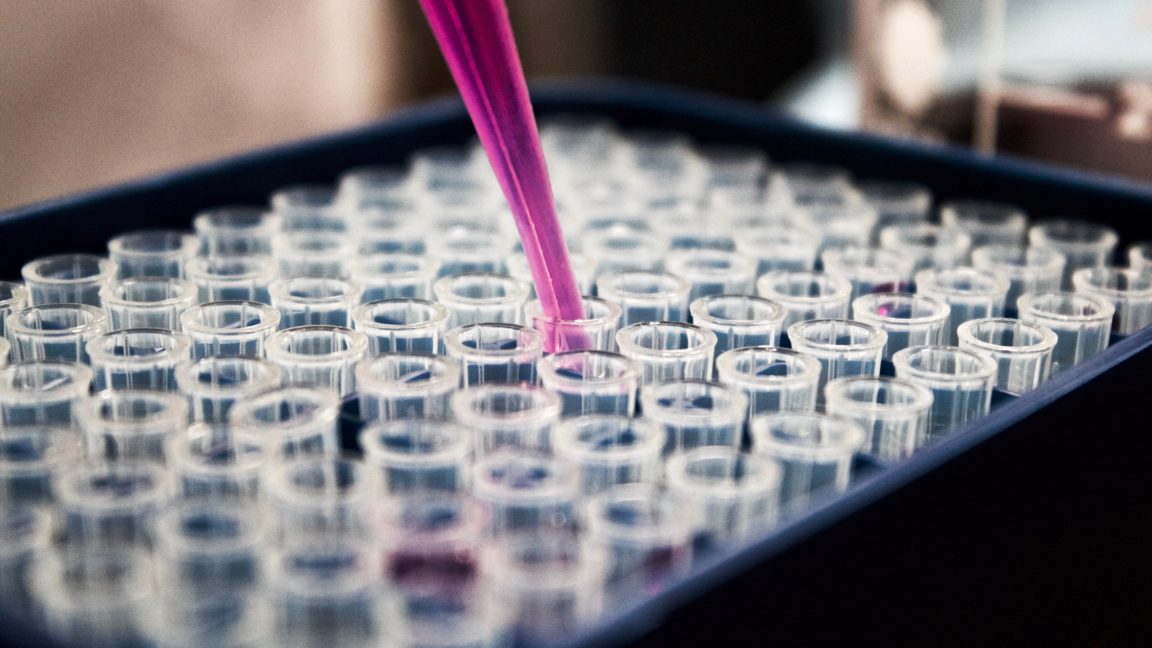My Translate MedTech secondment: Fiona Walker
The Translate MedTech Secondment Scheme provides an opportunity for academics, early career researchers and PhD students to form new collaborations, progress technologies, develop capabilities and access specialist facilities.
- Name: Mrs Fiona Walker
- Current Organisation: Institute of Medical and Biological Engineering – Faculty of Biological Sciences – University of Leeds
- Current Position: Senior Research Technician
- Secondment organisation: NHS Blood and Transplant, Tissue and Eye Services
My name is Fiona Walker and as a senior research technician at the University of Leeds, I support the research and development of novel biological scaffolds. These scaffolds, produced from animal and human tissues, offer a non-immunogenic and cell-free scaffold to aid in the repair of diseased or damaged tissue for patients. They have the capacity to overcome the limitations associated traditional transplant grafts.
Tissue handling – practical skills
I applied for a secondment with NHS Blood and Transplant, Tissue and Eye Services primarily to develop new insight, knowledge and practical skills relating to the coordination, retrieval, processing and banking of human tissue grafts. NHSBT is the largest UK tissue bank which operates nationally, making it the ideal place to learn about tissue handling and storage within purpose built, state of the art facilities.
Progressing key technologies
I am currently developing a novel manufacturing process for a cartilage osteochondral scaffold, which will be applied to human tissues in the future. The secondment will allow me to consider how processes that I am currently developing within the research laboratory can be implemented in the clinical production setting in the future. The long term would be to support translation so that biological scaffolds under development can reach patients in the clinic sooner. I will also benefit from expert advice on working with human tissues within Human Tissue Authority guidelines.
Access to unique laboratories and facilities
In addition, I will have the opportunity to gain knowledge of how new and emerging projects in tissue engineering are managed and progressed from within the R&D department and experience what it is like to work with tissues within an operating theatre standard environment, clean rooms and a regulated environment that is different to my research laboratory.
What I hope to gain
Aside from gaining practical knowledge relating to my research projects, I will benefit from observing a range of different roles that are integral to the organisation which are outside the laboratory. The secondment will provide a unique privilege to shadow different teams ranging from the donor consent team to customer services so that I will gain an understanding about the entire process of human tissue donation and banking. I anticipate that this will offer an interesting and humbling inside perspective on a topic that is familiar to many and that will be very valuable for my personal development.
Observing best practices across the NHSBT
Throughout my secondment I have shadowed a range of teams to ensure that I observed the best practices as well as understanding the challenges in the supply of donor grafts; from obtaining consent through to donation, processing, banking, quality assessment, customer care and distribution.
Tissue retrievals and processing
Adapting a novel protocol aimed for use in a research lab into one that is suitable for use in a regulated good manufacturing process environment is a big challenge facing translation of novel grafts that are currently under development. The time I spent with the tissue retrievals and processing teams allowed me to appreciate first-hand the practical challenges associated with processing tissues. When designing protocols, I didn’t appreciate how many single use consumables must be used when processing tissues in a grade A environment, for safety reasons, and the time needed to prepare items in clean room conditions.
Research and development and clinical science
Members of the research and development and clinical science teams helped me to understand the pathway of delivering a new graft as a medical treatment from early stage development, through clinical evaluation, to large device clinical trials.
Quality assurance
After spending a day shadowing the quality assurance team, I discovered that an important consideration for researchers who are developing novel grafts is not just developing production methods that are compliant with regulatory bodies and GMP environments but also ensuring cost effective and consistent products will be produced that have little variance in quality.
Customer care
Finally, the time I spent with the customer care team highlighted the critical implications of managing the logistics of supplying products to hospitals and patients and the importance of considering whether a new graft can be produced to meet market demand and distributed cost effectively.
The opportunity to visit the NHSBT has provided me with an amazing opportunity to learn from so many different departments, as well as with many practical lessons that will inform my work in the future.

